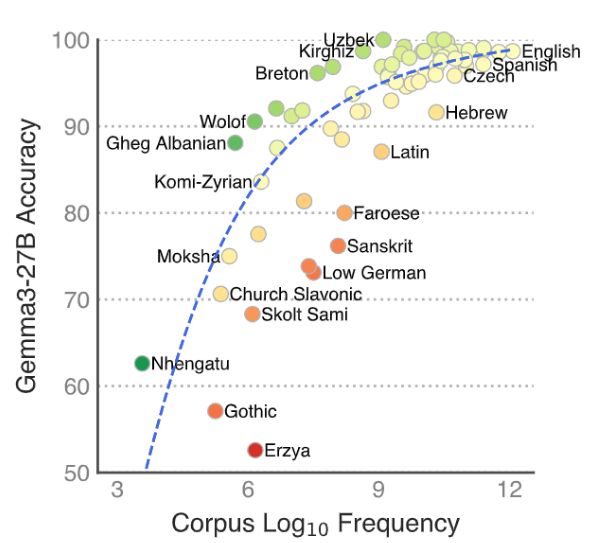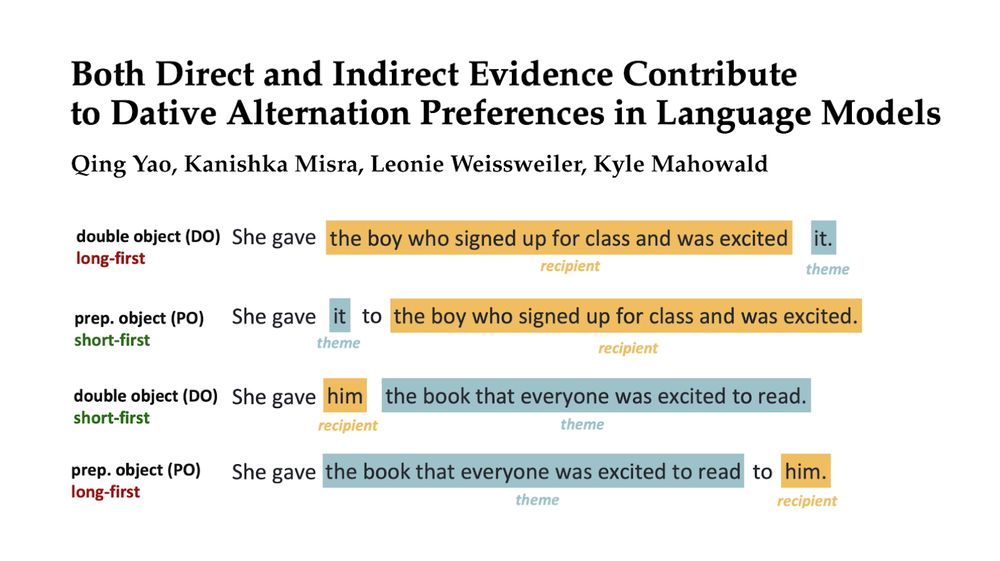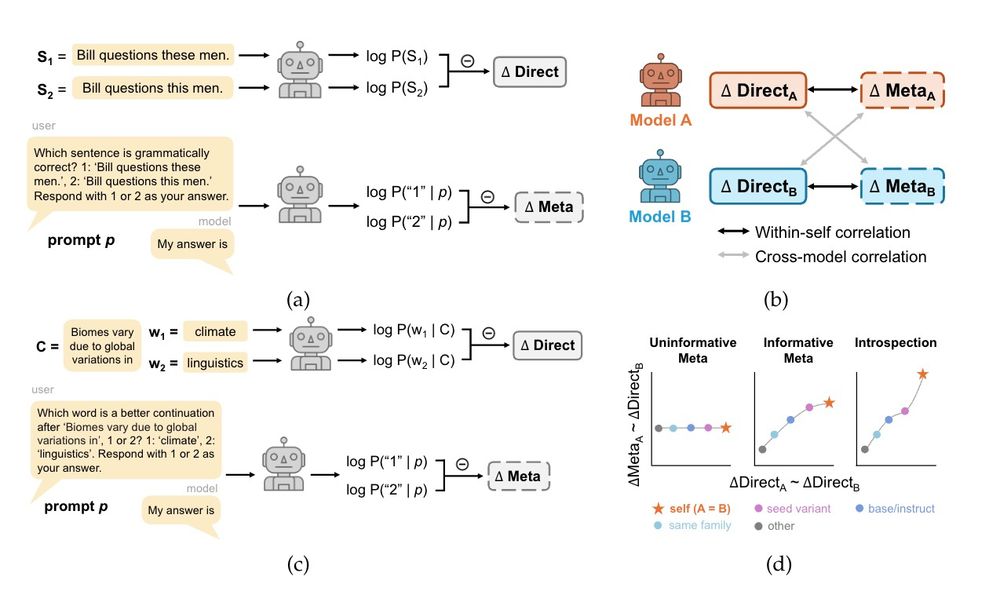Leonie Weissweiler
@weissweiler.bsky.social
690 followers
200 following
33 posts
Postdoc at Uppsala University Computational Linguistics with Joakim Nivre
PhD from LMU Munich, prev. UT Austin, Princeton, @ltiatcmu.bsky.social, Cambridge
computational linguistics, construction grammar, morphosyntax
leonieweissweiler.github.io
Posts
Media
Videos
Starter Packs
Pinned
Reposted by Leonie Weissweiler
Reposted by Leonie Weissweiler
Reposted by Leonie Weissweiler
Ai2
@ai2.bsky.social
· May 9
Reposted by Leonie Weissweiler
Reposted by Leonie Weissweiler
Reposted by Leonie Weissweiler
Reposted by Leonie Weissweiler
Reposted by Leonie Weissweiler













